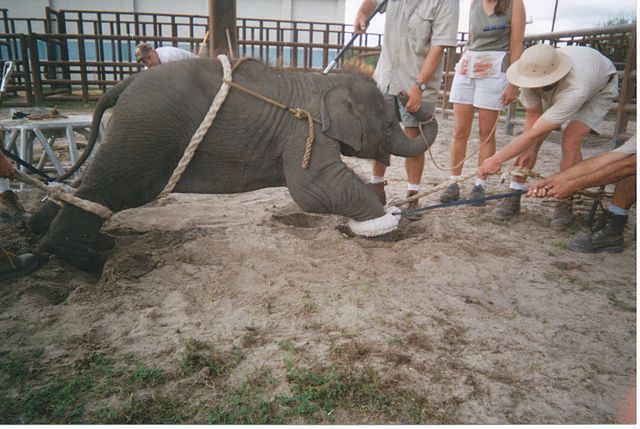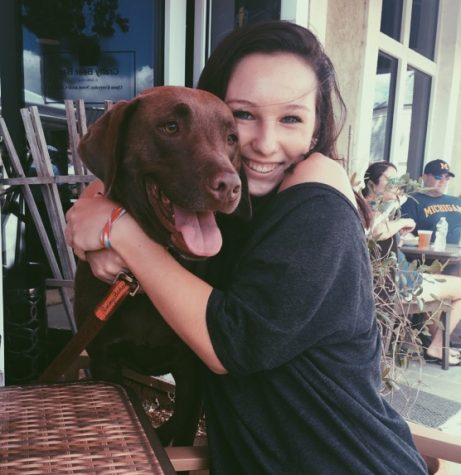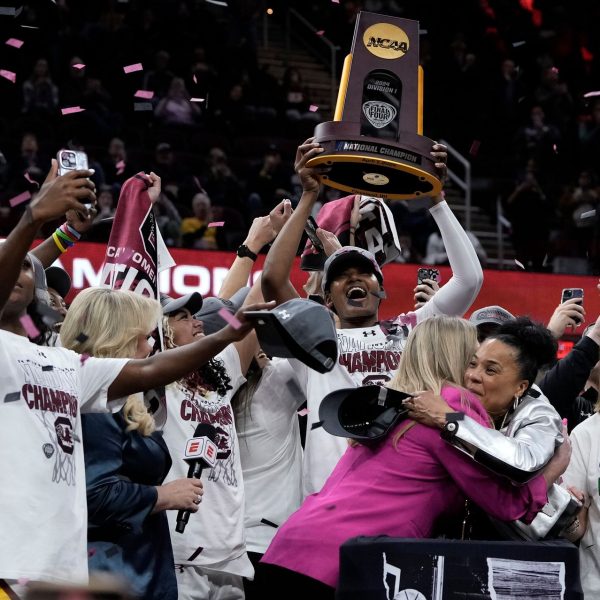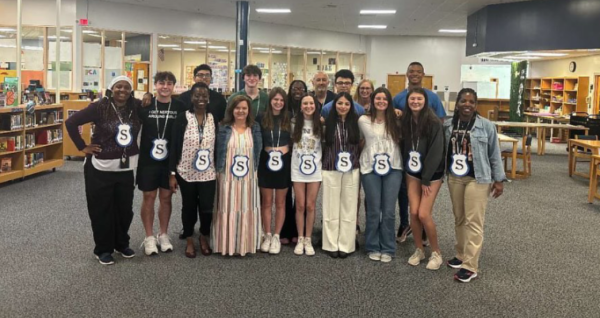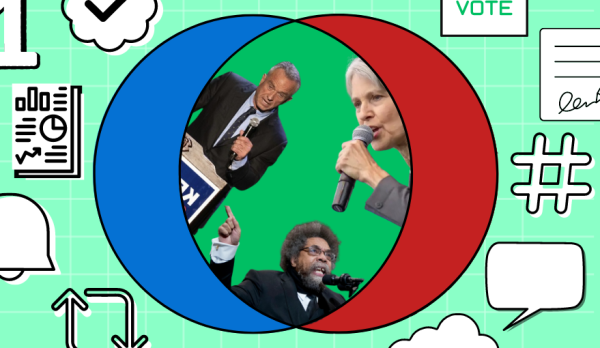Stopping the abuse
PETA’s fight for animal rights
Force taught to learn circus tricks, this baby elephant has many more years of abuse to come. Sadly, there are not enough well-provoked laws to prohibit this kind of treatment for animals.
February 1, 2017
PETA (People for the Ethical Treatment of Animals) is a non-profit organization based in Norfolk, VA. It started in 1980, and now has 5 million members and supporters. PETA focuses its concern in 4 major industries: food, clothing, laboratories, and entertainment. The organization is the largest animal rights movement in the world and strives to speak up for the animals that cannot.
In the entertainment industry, circus animals and actors are put through series of physical and psychological abuse. Chimpanzees and orangutans, the most common animal actors, are taken from their mothers shortly after birth; they never see each other again. Trainers use fear-based training methods to condition these animals to grin on cue. Once these animals become too large and strong to handle, usually between 6-8 years of age, they are dumped at roadside zoos. Similar tactics are also used on circus animals, who are beaten until they learn tricks. Circus animals, like big cats and elephants, are born into unnatural settings and spend most of life in confinement. Furthermore, animals given as prizes or promotional gimmicks also endure unethical treatment. Those who “win” these animals are provided with no instruction on how to care for them, resulting in death shortly after taking them home. Rabbits, fish, lizards, and chicks are all examples of prize animals.
Similarly in the food and lab industries, animals are also deprived of ethical treatment. Factory farms give little space for animals like pigs and chickens to the point where they cannot turn around or lie down. Antibiotics are used to make these animals grow faster and to keep them alive in such unsanitary conditions. Such antibiotics can lead to antibiotic-resistant bacteria that threatens human health. In additional to antibiotics, animals have also been genetically manipulated to grow larger and produce more dairy products. Some chickens grow so large from over feeding that their legs cannot support their own weight. Once these animals are fully grown, they are dipped in acid to remove feathers while still conscious and then slaughtered.. In laboratories, acute toxicity testing is used to determine the danger of a chemical. These substances are administered to animals in extremely high dosages via forced feeding, inhalation, and eye or skin contact. Animals such as rats, bunnies, and guinea pigs experience abdominal pain, seizures, paralysis, and nose bleeding from such circumstances.
The awareness PETA has brought to the world has made many decide to go vegetarian or vegan. Currently, there are about about 7.5 million vegetarians in the U.S. and 2.5 million vegans. Millbrook has its own population of vegans and vegetarians. Sophomore Margaux Kessler says, “Being vegetarian was definitely one of the best things I’ve done, and a big part of why I did it was due to cruelty of animals. Sadly, my mom was concerned for health reasons and forced me to quit. Although, I’ve been doing some research, and my mom finally decided it was okay for be to be vegetarian again, and soon I may even go vegan!” Another Millbrook student, junior Tessa Kenney, is a dedicated vegan: “Going vegan has really helped me become more aware of my health and exposed me to a variety of foods. Go Vegan!!”
It is important to understand that the Earth does not owe us anything, nor the millions of animals that inhabits it. The way certain people treat and handle animals is simply unethical and disgusting. Humans came along way after animals, and it is critical to show them kindness and love. From the motto of PETA, animals are not ours to eat, wear, experiment on, or use for entertainment.


